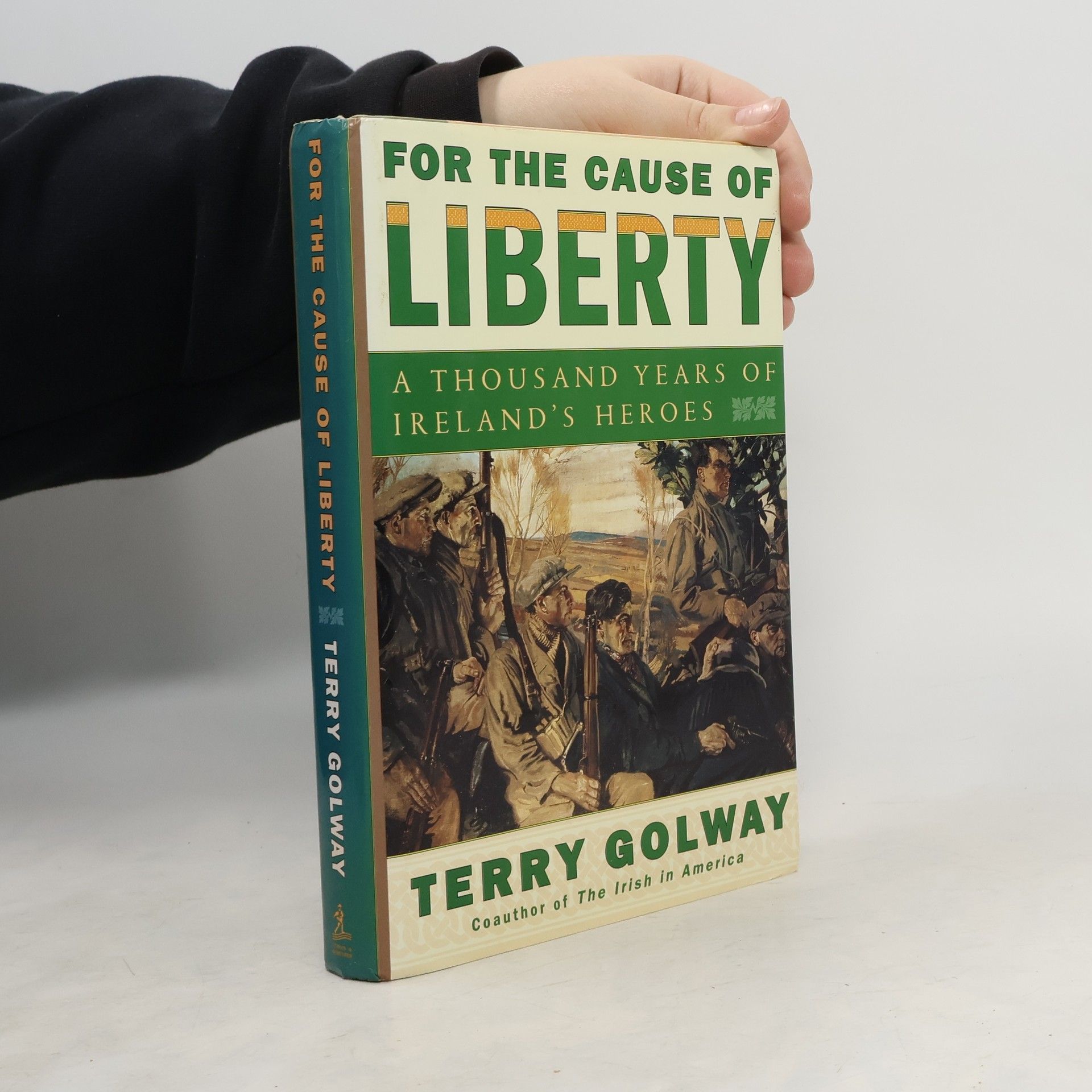Let Every Nation Know is the first book of its kind-a historical biography in Kennedy's own words. Combining a remarkable audio CD of Kennedy's most famous speeches, debates and press conferences with the insights of two of America's preeminent historians, the result is a unique look at the world-changing words and presidency of John F. Kennedy. Robert Dallek, author of the #1 bestselling biography An Unfinished Life, and Terry Golway, author of Washington's General, bring to life the soaring oratory, marvelous wit and the intense drama of Kennedy's words and the events they evoke. "I had forgotten just how powerful these speeches were but the CD brings them to life once more and Dallek and Golway have done a masterful job of putting them into context."-Bob Schieffer, CBS News
Terry Golway Knihy
Terry Golway je zkušený novinář a historik, který se ve své práci zabývá především politickou historií a současným děním ve státě New York. Díky svému hlubokému porozumění americkým dějinám a novinářské praxi přináší do svých textů jedinečný pohled na propojení minulosti a současnosti. Jeho analýzy často odhalují komplexní souvislosti a motivace, které formují politickou krajinu. Golwayho styl je známý svou precizností a schopností zprostředkovat složité informace srozumitelnou a poutavou formou.



The story of Irish nationalism unfolds from the legendary king Brian Boru, who united Ireland's chieftains against the Vikings, to the ongoing conflict in Northern Ireland. In a fast-paced narrative, Terry Golway chronicles a thousand years of Irish history, highlighting the patriots who kept the dream of freedom alive until it was finally realized. As England focused on Ireland during the Middle Ages, the Irish began a long struggle for identity, marked by colonization that initiated a powerful saga of suffering, sacrifice, and triumph. Over the centuries, heroes emerged to lead the resistance against assimilation, with Golway recounting their dramatic stories. Among them are Wolfe Tone, who chose death over capture during the 1798 rebellion; Kevin Barry, executed at eighteen rather than betray his comrades; and Bobby Sands, whose hunger strike in 1981 drew global attention to the Northern Ireland conflict. Notable women, including Anna Parnell and Countess Markievicz, also played crucial roles. Golway emphasizes that the quest for Irish freedom transcended religious divides, with many nationalist heroes being Protestants, some descended from English settlers. The narrative also acknowledges the influence of the United States, particularly following significant Irish immigration in the mid-1800s. This chronicle of Irish aspiration is a captivating account for anyone interested in the nation's history.
A hugely entertaining celebration of one of America’s greatest politicians - a source of inspiration for our equally challenging times...